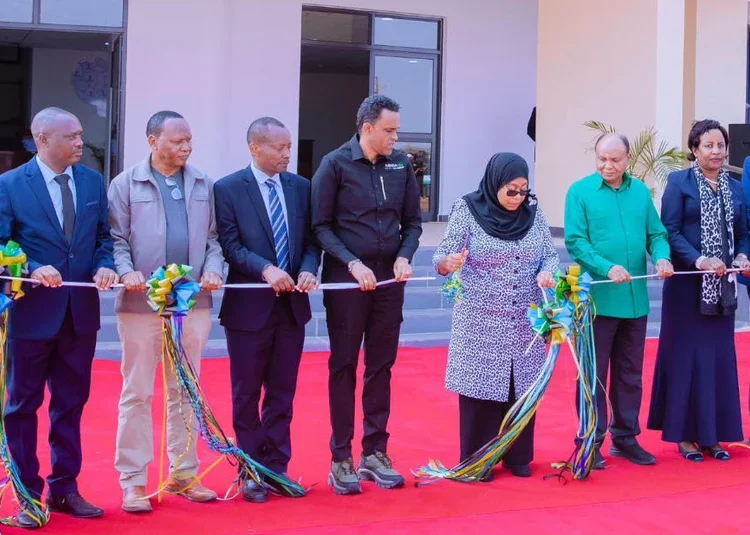The African Development Bank (AfDB), the Government of Tanzania, and the Global Agriculture Food Security Program (GAFSP) have jointly launched the Tanzania Initiative for Preventing Aflatoxin Contamination (TANIPAC), a landmark program aimed at improving food safety, protecting public health, and boosting the country’s agricultural trade.
The launch ceremony, held in Dodoma and presided over by President Samia Suluhu Hassan, gathered stakeholders from the Ministry of Agriculture, farmer cooperatives, international partners, and development agencies. The event also featured demonstrations on best practices in post-harvest handling and aflatoxin control techniques.
Aflatoxin—produced by certain molds that thrive on crops such as maize, groundnuts, and rice—poses serious risks to human health and undermines the quality of agricultural exports.
To address this, TANIPAC is being implemented through a $63.2 million funding package, combining contributions from AfDB ($9.2 million), GAFSP ($20 million), and the Government of Tanzania ($34 million). The initiative will focus on reducing contamination in maize and groundnuts, two of the nation’s most important staples, by promoting modern storage technologies, training farmers, and scaling up improved post-harvest practices.
Speaking at the ceremony, President Hassan highlighted the dual health and economic importance of the initiative:
“We cannot talk about food security without food safety. TANIPAC is not just a health intervention—it is an economic imperative. Our farmers deserve the tools and knowledge to produce safe, high-quality crops. With TANIPAC, we are empowering them to meet both domestic and international standards.”
By addressing one of the country’s most persistent agricultural challenges, TANIPAC is expected to protect millions of consumers, enhance farmers’ incomes, and expand Tanzania’s footprint in international markets.






























































